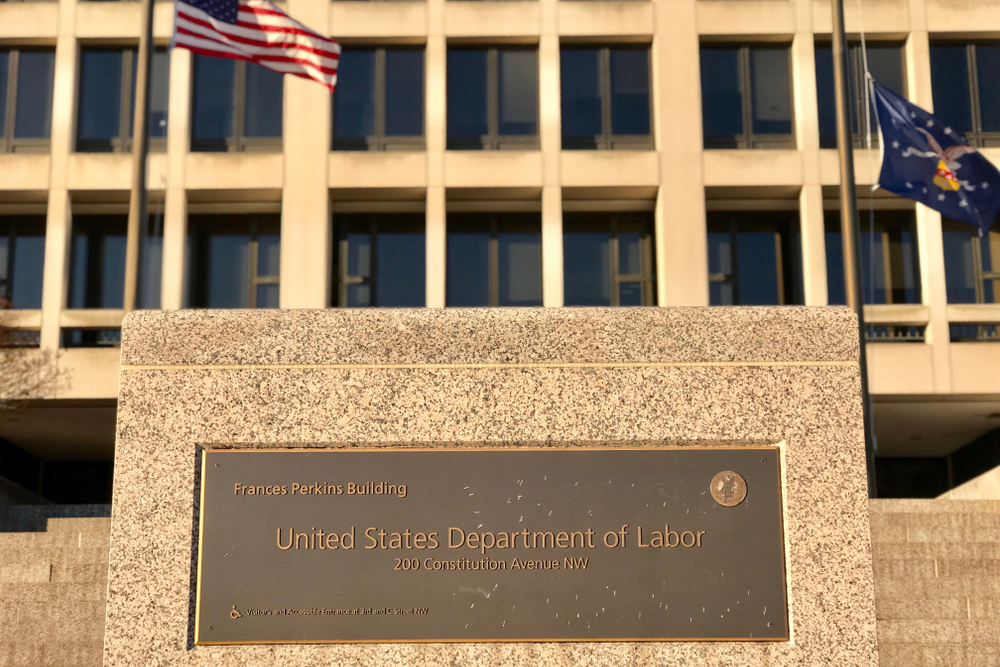Lori Chavez-DeRemer’s nomination for Secretary of Labor has garnered significant attention, particularly for her perceived level of support for labor unions relative to traditional republican labor policy. However, Chavez-DeRemer wasn’t the only option.
Several other candidates (including those with more mainstream Republican labor positions) were considered for this pivotal role.
Understanding their backgrounds and policy inclinations provides insight into the administration’s labor policy direction and offers context should Chavez-DeRemer’s nomination encounter obstacles.
Potential Nominees Considered
- Former CEO of CKE Restaurants, Andrew Puzder, was nominated for Labor Secretary in 2017 but withdrew amid controversy. He is known for opposing significant minimum wage increases and advocating for less regulation on businesses, aligning with pro-business policies.
- Patrick Pizzella is a former deputy secretary of labor, so he’s obviously familiar with the Department of Labor (DOL). According to National Law Review, “Pizzella has a long history within the agency and favorable views within certain management-side labor circles. Pizzella, a key figure in the Trump-era Payroll Audit Independent Determination (PAID) program, has emphasized collaboration with employers to address compliance without heavy penalties, a business-friendly approach likely to appeal to many companies.”
- Johnny C. Taylor, Jr., is a familiar name for HR pros. Taylor is the CEO of the Society for Human Resource Management (SHRM). In that role he’s been a voice for business interests with respect to labor regulations. “If chosen, Taylor could bridge labor policies with a more comprehensive understanding of HR practices, possibly influencing policies on workplace inclusivity, employee development, and labor relations,” writes Mitchell Berry of Barnes & Thornburg, LLP in an article for National Law Review.
Implications of Chavez-DeRemer’s Nomination
Chavez-DeRemer’s selection signals a potential shift toward more union-friendly policies given her support from labor organizations during her congressional tenure. However, her relatively short political career leaves some uncertainty about how her policy implementation strategies would actually play out.
Considering the backgrounds of the other potential nominees, it’s evident that the administration weighed a range of policy perspectives, from staunchly pro-business to more moderate stances on labor issues. This diversity suggests an openness to various approaches within the administration’s labor policy framework.
If Chavez-DeRemer’s nomination faces challenges, understanding the profiles of these alternative candidates offers insight into possible future directions for the DOL. Each potential nominee brings a distinct philosophy toward labor relations, which would influence employer-employee dynamics nationwide.
Staying informed about these potential nominees will help business and HR professionals anticipate and adapt to potential policy shifts that could impact workplace regulations and labor relations in the coming years.
Are you wondering whether the contract employee laws and regulations will change with the incoming presidential administration? Let us help you! Join our employment experts who will discuss how the incoming U.S. Secretary of Labor will change and shape the HR industry. Be there on January 13 at 11:30am EST!
Lin Grensing-Pophal is a Contributing Editor at HR Daily Advisor.
The post Who Were the Other Potential Picks for Secretary of Labor? appeared first on HR Daily Advisor.
